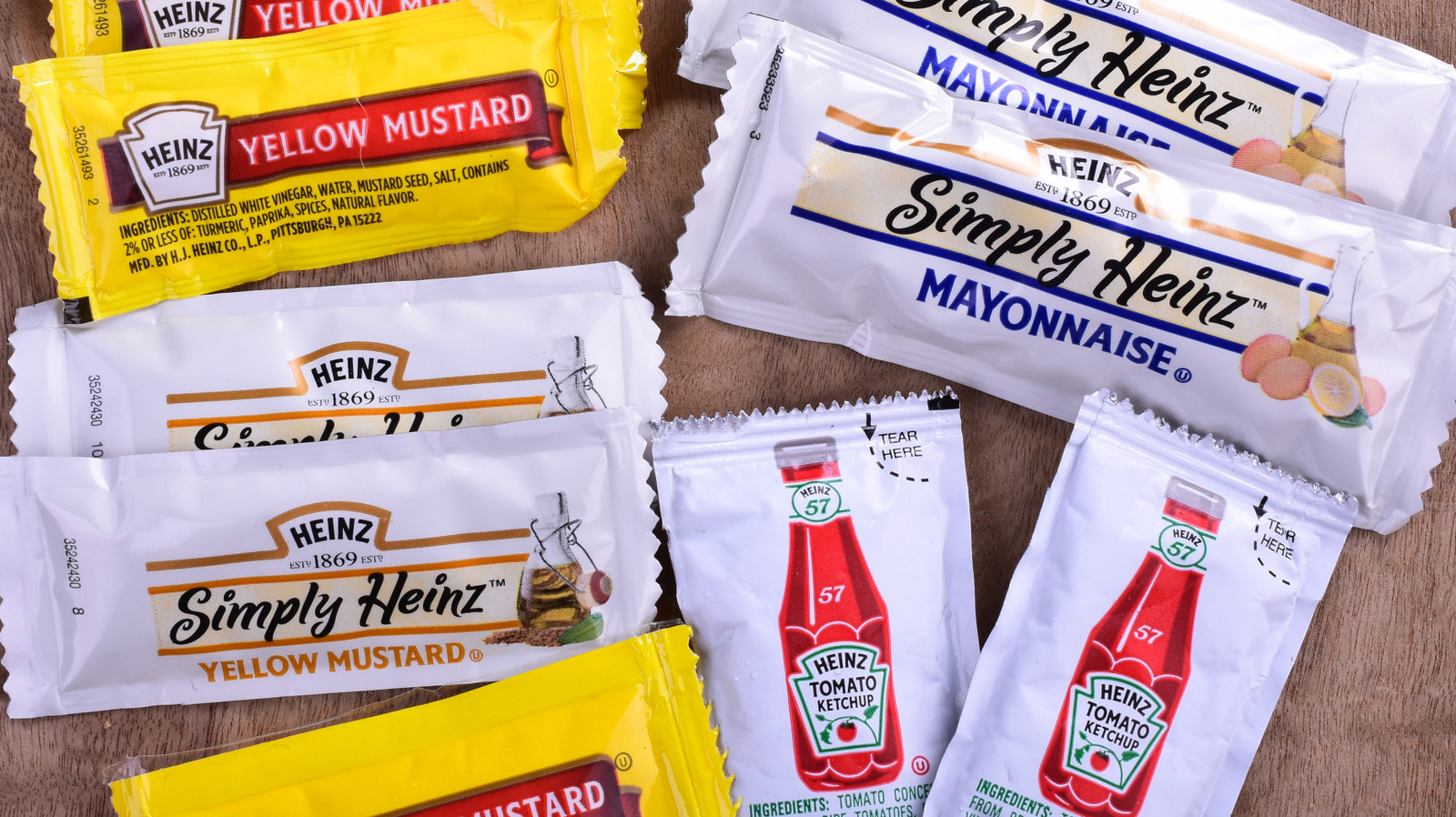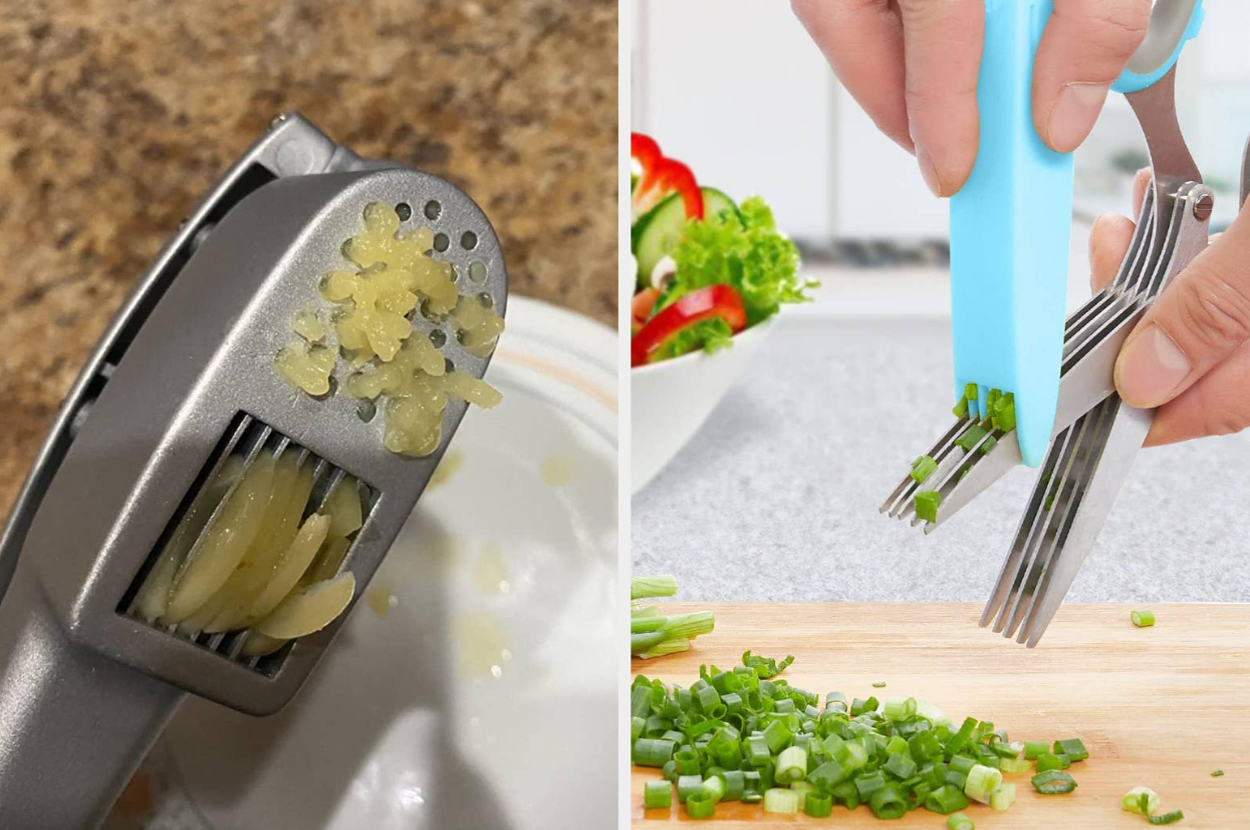
Fast food sauces are the key to turning your drive-through meal into something special (and flavorful, too). Whether it's ketchup, BBQ sauce, ranch, or ever-popular sweet and sour sauce , these condiments are full of flavor and, if the restaurant gives you a few extra, easy to store for later use. But how should you store fast food sauces properly to ensure they stay safe and fresh? Storing fast food sauces properly is key to preventing spoilage, maintaining taste, and ensuring food safety.
If you find yourself with a few extra sauces on hand — or want to stock up in case your favorite sauce is discontinued (bring back McDonald's Szechuan Sauce , you cowards!) — the best practice is to store them in a cool, dry place like a kitchen cabinet or pantry. Don't just throw them in the junk drawer! Now, some sauces are specifically designed for short-term use and may have a limited shelf life, even when unopened. Many fast food sauces, like those from McDonald's or Chick-fil-A, will have an expiration date or best-by date stamped on the packet.

If it's past that date, it's safest to discard the sauce. If the packets are not labeled with an expiration date, consider using them within a few weeks for optimal flavor and safety. Honey never needs to be stored in the fridge and can keep for years.
Sauces like ketchup or mustard tend to last a few months, since they're vinegar-based, and can be stored in the pantry, while dairy-based or creamy sauces like ranch or mayo will spoil more quickly. Make sure you use them sooner rather than later. How to store opened fast food sauces What if you have already opened your sauce? While the packet may have been fine sitting at room temperature before, now that air has gotten to it, you'll need to refrigerate it to prevent bacterial growth and preserve its freshness.
Small opened packets of ketchup, hot sauce, sriracha, and mustard can be stored in a pantry or kept in the fridge for longer to stay fresh, according to WebMD . If your sauce is open, and you still want to save it, it's best to transfer the contents into an airtight container. This will help keep air and moisture out, both of which can spoil the sauce over time.
Of course, ensure the container is clean and dry before use to prevent any contamination. For smaller amounts, small glass jars or plastic containers with tight-fitting lids work well. Label the container with the sauce type and date to help you track how long it's been stored.
For sauces like ketchup, BBQ, or soy sauce, refrigeration will help maintain their taste and safety. Cream-based sauces like ranch or honey mustard (or that cup of Cane's sauce ), however, may require faster consumption, as they tend to spoil more quickly..














